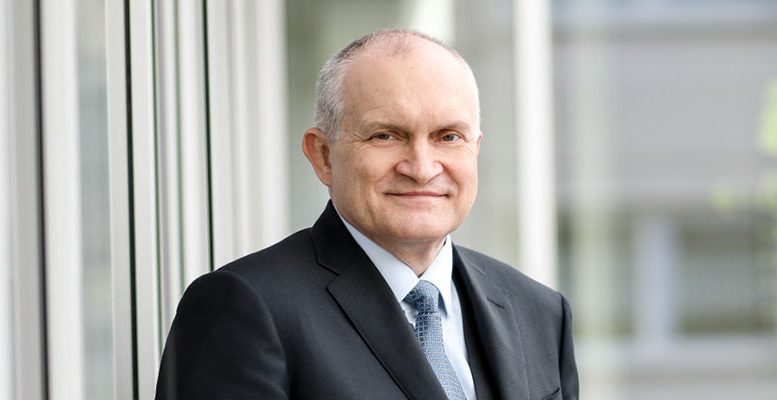Lidia Conde (Francfort) | Christoph Schmidt, chairman of the Franco-German economic think tank for the past year – when he stepped down as chairman of the council of wise men advising the Berlin government – makes no secret of his concerns: “Both the European Green Deal and the Next Generation EU nourish the hope Europe will emerge stronger from this crisis in the end. But between the EU’s ambitious plans and the final success, the final results, there is a long way to go. And along that road, member states will have to undertake the structural reforms that will increase their long-term growth potential. And also show their readiness to return to compliance with the stability and growth pact, with the debt rules”.
Q: Yes, but debt is rising. What are the risks? What are the risks? Inflation?
A: Look, the phase that followed the financial crisis clearly showed how important it is for European institutions to limit debt. It is only when, after a crisis, debt is reduced that there is enough room for manoeuvre to face the next crisis and to be able to increase debt again. This is why we must consolidate our public budgets after the crisis is over. And I don’t see the risk that the ECB could choose to “reduce through inflation” public debt, with an expansionary monetary policy. There is a very low risk of that happening, of inflation eventually “reducing” the real value of the debt, as some may hope.
Q: Could there be massive defaults on bank loans and what are the real risks in financial markets?
A: What is surprising is that there is such a difference between the mood in the markets and the perceived bad mood in many companies. Many companies, especially those in the service sector, are suffering so much with the restrictions applied to their businesses that their very existence is in danger. Not even the huge state financial aid will be able to prevent the number of insolvencies from rising sharply this year… But we do not expect a wave of massive credit defaults.
Q: Investors seem to be betting on a rapid recovery. Are they right in their optimism?
A: What we see is that there are many branches of industry that have recovered very quickly after the first lockdown and have not been affected much by the second lockdown either. I find it impressive how resilient many companies are to adverse shocks and how they adapt their processes and service portfolios to the new circumstances. The long road out of the current lockdown depends to a large extent on advances in vaccines and anti-Covid testing strategies. And it seems that yes, despite the obstacles and setbacks, we will see positive results over the summer.
Q: The relatively good economic growth forecasts are surprising, what do you think will be the real consequences of the pandemic for the German economy?
A: It is true that in general Germany is coping better with the impact of the pandemic than many other countries. This is true both from the point of view of health management and the economic consequences. Industry in particular stands out, having recovered almost completely from the slump in activity in the spring of last year. The reason for this is the rapid recuperation in world trade. The second shutdown since November last year has had hardly any negative effects on the German economy. After last year’s 4.9% drop in output, we expect the economy to clearly recover this year, with GDP growth of 3.6%. And we expect the recovery to continue in the coming months.





